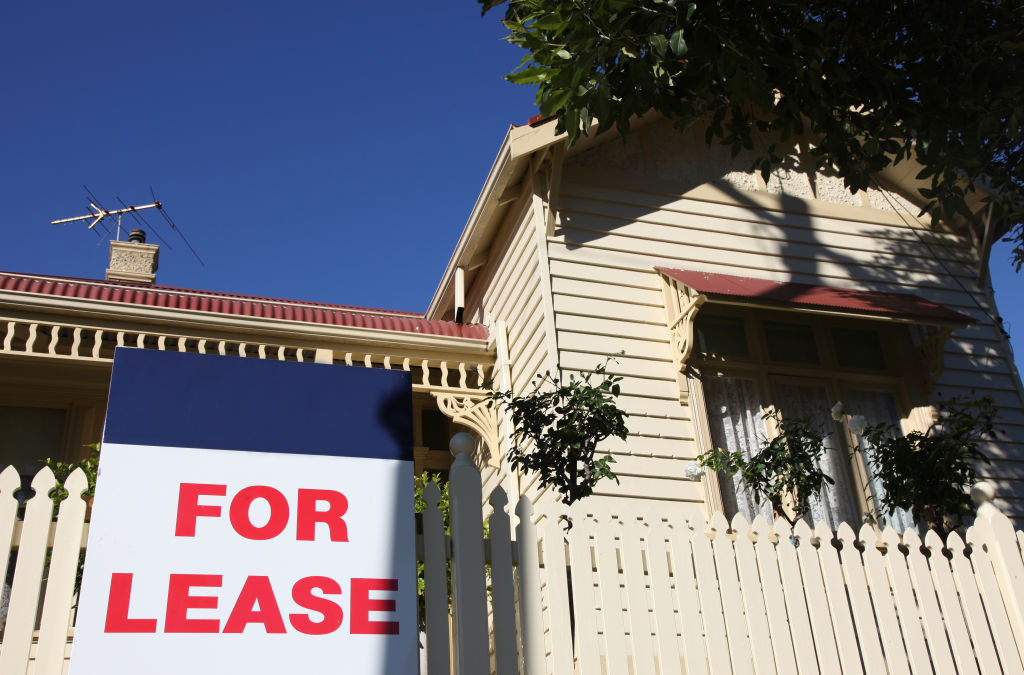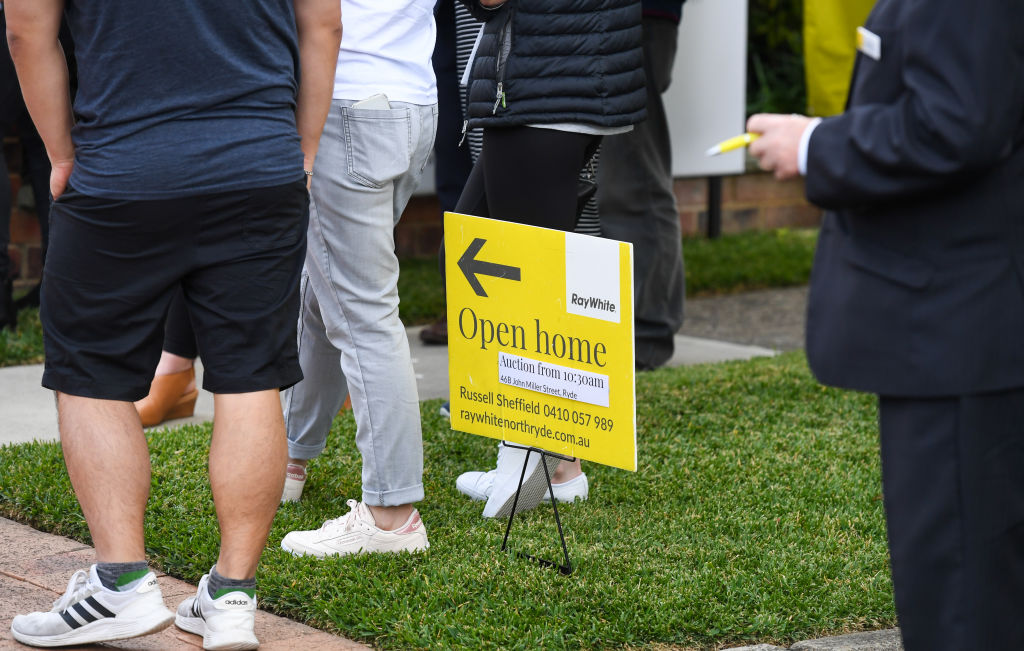
Some tenants are still paying back rental debts accrued during lockdown last year. Photo: iStock
Some tenants are still protected under a six-month transition period from the eviction moratorium, which ended in March, but those now falling behind on rent for the first time or who had paid off previous deferrals would have to rely on regular tenancy laws, Mr Patterson Ross said. There were no incentives in place either for landlords to enter into negotiations to reduce or defer rents, he added.
The difference between March 2020 and now is we know a lot more about COVID, but that probably strengthens the case for saying people should not be getting evicted at the moment, the transmission is so easy,” he said.
Too little, too late and too targeted is how Joel Dignam, executive director of advocacy group Better Renting, sums up the disaster payment.
He fears that without JobKeeper and the increased JobSeeker payment, which both did much of the heavy lifting last year, tenants will be more exposed to income losses, particularly those affected in the previous lockdowns.
“[Any] buffer that existed last year will be less now. People have already accessed their superannuation, maybe sold possessions if they needed to … people have less savings, less of a buffer and more need for rapid support.”
He noted tenants who had leases end or terminated during the lockdown window would find it more difficult to find a property — with inspections limited to one-on-one appointments — let alone somewhere they could afford if they had lost work.

Open homes are off the table, with only private one-on-one inspections allowed during lockdown. Photo: Peter Rae
It comes as Sydney tenants face record high house rents and more competition, with the city’s vacancy rate now back to pre-pandemic levels — dropping to 2.7 per cent last month.
While the disaster payment was not perfect, it was better than nothing, and an example of how measures could become automatically available during a lockdown, Mr Dignam said, adding a similar approach should be taken to protections preventing tenants from being evicted in a lockdown.
Hardship provisions were another measure the industry needed to look at, Mr Patterson Ross said.
“One of the lessons we learnt from last year was that, unlike many other essential services, housing providers don’t have to have a hardship plan. It’s one of the things we’ll be pushing for as a general reform.”
For now though, as they did last year, tenants are likely to push back other expenses to keep paying their rent, or lean on family or payday lenders, which can cause them financial difficulty down the line. Or move out because they simply can’t afford stay where they are, he said.
McGrath’s head of network property management, Michael Conolly, said it was too early to say if there would be a spike in tenants seeking rent reductions or deferrals as a result of the latest lockdown. However, he expected the calls for help would come rolling in if the stay-at-home orders extended beyond two weeks.
“What’s a little bit more worrying [this time] is that we don’t have JobKeeper,” Mr Conolly said.
Calls for rental help had tapered off at the start of this year, and most McGrath tenants had repaid any deferred rent in the months since, he said.
He advised any tenants facing financial difficulty during lockdown to engage in early conversations with their property manager, and noted teams were equipped to have conversations with those suffering financially.



